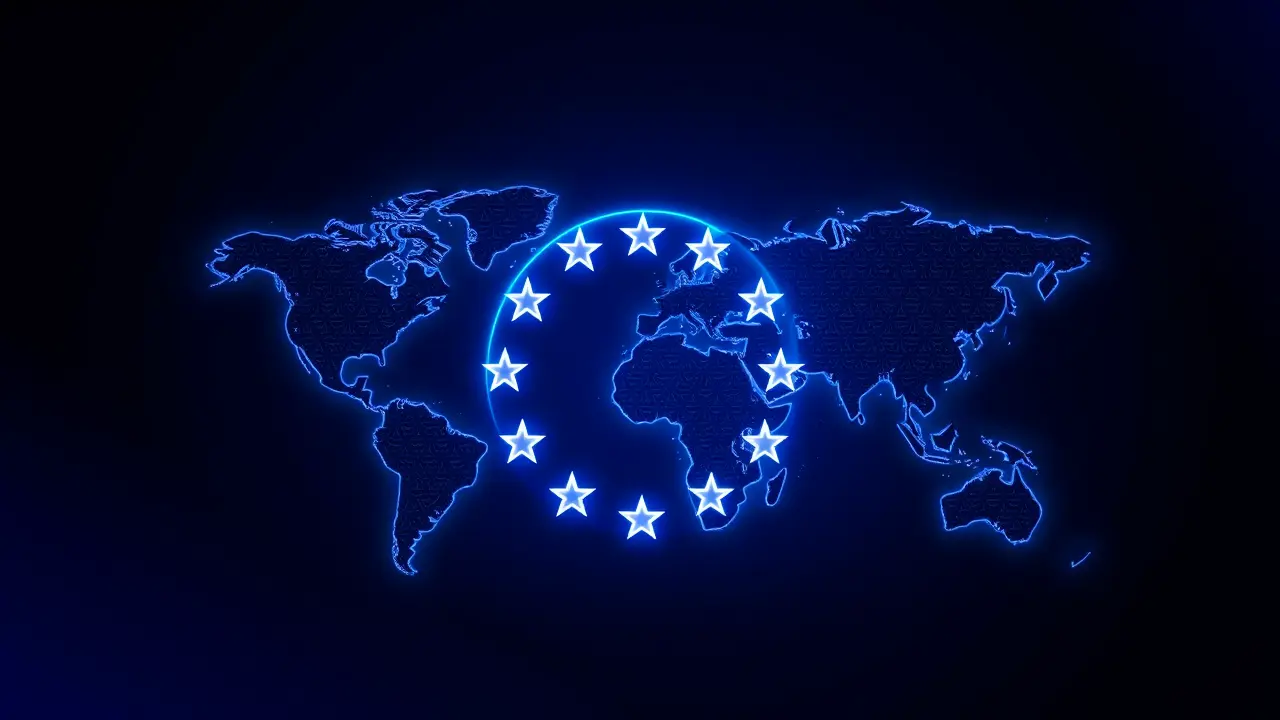
PoliticsdiplomacyMultilateral Summits
Key EU Leaders Withdraw from Colombia Summit Days Before Event
RO
Robert Hayes
5 hours ago7 min read3 comments
In a diplomatic maneuver that has sent ripples across the Atlantic, the impending European Union–Colombia summit in Bogotá has been dealt a significant blow with the eleventh-hour withdrawal of three of the bloc's most pivotal figures: French President Emmanuel Macron, German Chancellor Friedrich Merz, and European Commission President Ursula von der Leyen. This collective absence, announced mere days before the event was set to commence, cannot be viewed as a mere scheduling conflict but rather as a calculated political statement, echoing the kind of strategic recalibrations that have historically preceded major shifts in international alignment.The summit, intended to fortify ties between the EU and a key Latin American partner, was poised to address critical agendas ranging from trade liberalization and green energy partnerships to coordinated security efforts against transnational crime; its sudden devaluation by Europe's core leadership now casts a long shadow over these ambitions, suggesting that internal EU preoccupations—perhaps the simmering agricultural protests in France that have challenged Macron's authority, the delicate coalition-building facing Chancellor Merz in Berlin, or the complex bureaucratic wrangling in Brussels over the next institutional cycle—have taken precedence over global outreach. This development invites a sobering historical parallel to the Congress of Vienna or the Yalta Conference, where the absence of a principal power invariably signaled a reordering of priorities, leaving the host nation, Colombia, in the unenviable position of having to project unity and strength while privately grappling with a palpable snub that may empower domestic critics of President Gustavo Petro’s foreign policy. Analysts are now left to ponder the long-term consequences: will this create a vacuum for other global actors, notably China or Russia, to deepen their influence in a region historically within the West's sphere of interest? The strategic partnership, once hailed as a cornerstone of a multipolar world order, now appears more fragile, its future contingent on whether European leaders can reconcile their internal fractures with their professed global commitments, a test of statecraft that would have intrigued a student of history like Churchill himself.
#EU leaders
#Colombia summit
#diplomatic absence
#international relations
#featured
Stay Informed. Act Smarter.
Get weekly highlights, major headlines, and expert insights — then put your knowledge to work in our live prediction markets.
Related News
© 2025 Outpoll Service LTD. All rights reserved.













